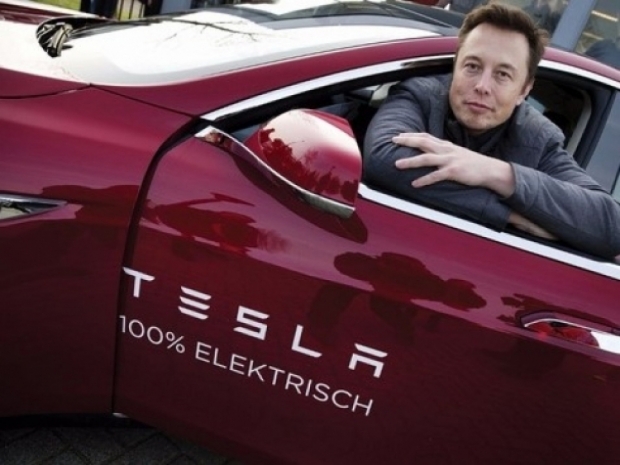The Economic Observer reported that some Tesla car owners found that the control units in their vehicle run on HW2.5 chips, unlike the more advanced HW3.0 chips that Tesla lists in their specification sheets.
For those who came in late, HW3.0 chips are needed for FSD (Full Self-Driving) mode in Tesla’s driver assistance system – however, the feature is optional when ordering Tesla vehicles. On March 3, Tesla sent the newspaper a statement saying that after the company resumed production on February 10, some Model 3 cars had HW2.5 chips installed because of issues with the supply chain.
Tesla noted that customers who selected FSD mode had HW3.0 chips installed in their vehicles, while some vehicles without FSD mode had HW2.5 chips installed. However, there is said to be no difference in driver experience or safety use among the two computer chips.
In a post on its Weibo account last week, Tesla said the swap was due to a lack of supply of the HW3.0 chips and the company would replace the chip for customers who received cars with the HW2.5 systems.
Tesla began delivering its China-made Model 3 to the public in early January, following the completion of its Shanghai Gigafactory. Tesla delivered 3,958 units in February – accounting for around a third of all new-energy vehicles in China, which signaled that the company has been less affected by the coronavirus outbreak compared to other companies, according to Bloomberg.




